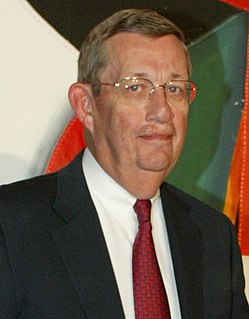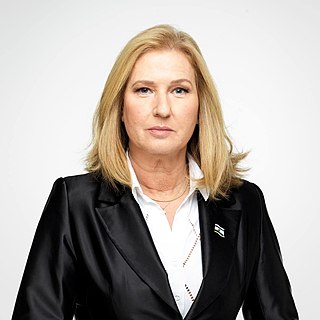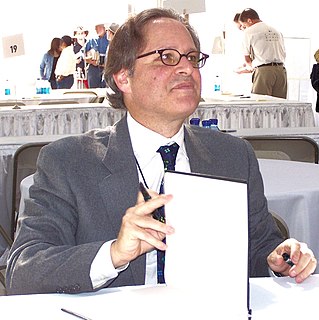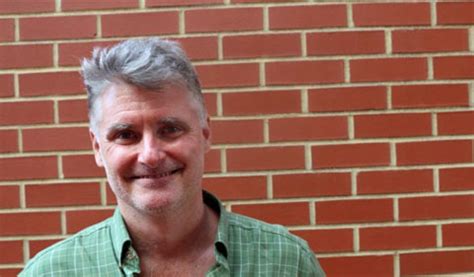A Quote by John Stuart Mill
A democratic constitution, not supported by democratic institutions in detail, but confined to the central government, not only is not political freedom, but often creates a spirit precisely the reverse, carrying down to the lowest grade in society the desire and ambition of political domination.
Related Quotes
Look at the political base of the Democratic Party: It is single mothers who run a household. Why? Because it's so tough economically that they look to the government for help and therefore they're going to vote. So if you want to reduce the Democratic advantage, what you want to do is build two parent families, you eliminate that desire for government.
I believe Tunisia and Egypt should look to Turkey and see what not to do. Turkey seems to be a secular and democratic country but it is only a show. We are losing the effectiveness of democratic institutions like parliament and judiciary. They now are turning into tools for the benefit of a president-ordering system. A democratic government is possible only on a comprehensive democratic base surrounded by the participatory action of ordinary people.
Radical groups can become legitimate political players in the democratic process if they accept core democratic principles and abandon the use of force as a political tool. Or they can maintain armed terrorist militias in order to threaten their neighbors and intimidate their people. The international community should not allow them to do both.
I am always suspicious of the formulation that "politics" has prevented a great idea from being enacted by government. Politics IS government, in a democratic society. It's a challenge for school reformers, like reformers in any realm, to build a popular constituency for their work. If the people it's supposed to benefit vote against it, that tells me that the person pushing reform lacks political skill. And political skill is a good thing.
Capitalism is a system in which the central institutions of society are, in principle, under autocratic control. Thus, a corporation or an industry is, if we were to think of it in political terms, fascist, that is, it has tight control at the top and strict obedience has to be established at every level. [...] Just as I'm opposed to political fascism, I am opposed to economic fascism. I think that until the major institutions of society are under the popular control of participants and communities, it's pointless to talk about democracy.
A democratic public forms when citizens gather together to deliberate and make public judgments about local and national issues that affect their lives. By associating together for public discussion, citizens learn the skills necessary for the health of a democratic public; listening persuading, arguing, compromising, and seeking common ground. When these skills are nurtured within the institutions of a democratic public, citizens educate themselves in order to make informed political decisions.
In many European countries we have populist indirect democratic systems. The people elect, in a proportionate manner, a parliament. The parliament with all its parties is representative of the political opinions among the citizens. It is reasonable to claim that the people rule itself through the political institutions.









































